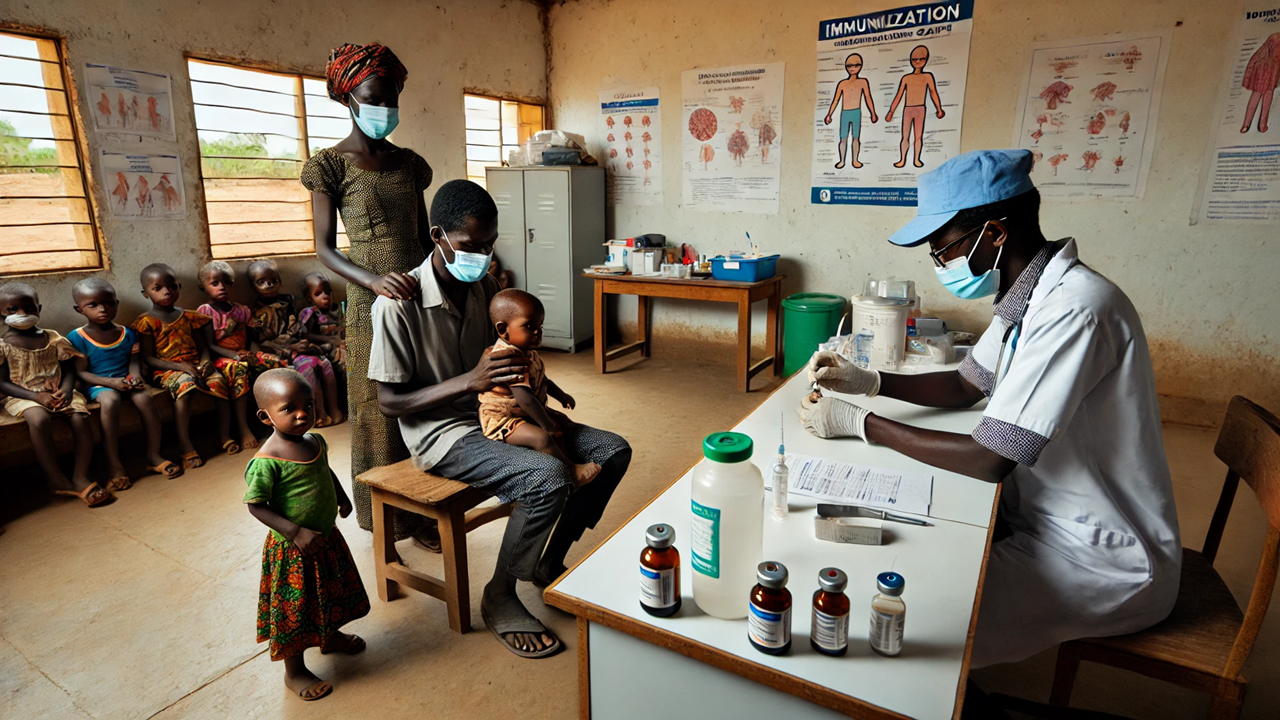WHO Report Warns Corporal Punishment Harms 1.2 Billion Children Worldwide
The WHO report, Corporal punishment of children: the public health impact, draws on data from 58 countries to illustrate the extent of the issue.

A new report by the World Health Organization (WHO) has sounded the alarm on the devastating global impact of corporal punishment, revealing that more than 1.2 billion children aged 0–18 years are subjected to physical punishment in their homes every year. Despite growing evidence of its harmful effects, the practice remains widespread in households and schools across the world.
Global Scope of the Problem
The WHO report, Corporal punishment of children: the public health impact, draws on data from 58 countries to illustrate the extent of the issue. Among children who experienced corporal punishment in the last month, 17% were subjected to its most severe forms, such as being struck on the head, face, or ears, or being hit hard and repeatedly.
The prevalence varies significantly by region:
-
Kazakhstan (30%) and Ukraine (32%) reported lower rates.
-
Serbia (63%), Sierra Leone (64%), and Togo (77%) recorded some of the highest levels.
In schools, the practice remains entrenched. Around 70% of children across Africa and Central America report experiencing corporal punishment during their education, compared to about 25% in the Western Pacific region.
No Benefits, Only Harm
The WHO stresses that corporal punishment is not only ineffective but actively harmful.
“There is now overwhelming scientific evidence that corporal punishment carries multiple risks to the health of children,” said Etienne Krug, Director of WHO’s Department for Health Determinants, Promotion and Prevention. “It offers no benefits to children, parents, or societies. It’s time to end this harmful practice to ensure children thrive at home and at school.”
Children Most at Risk
The report highlights that certain groups of children face a higher likelihood of corporal punishment, including:
-
Children with disabilities.
-
Children whose parents themselves experienced corporal punishment.
-
Children of parents dealing with substance use, depression, or other mental health issues.
Wider societal factors—such as poverty, racism, and systemic discrimination—further elevate the risk.
Long-Term Damage to Health and Development
The report details the far-reaching health consequences of corporal punishment:
-
Biological impacts: exposure to repeated violence alters stress hormone levels and can cause changes in brain structure and function, undermining healthy development.
-
Developmental setbacks: across 49 low- and middle-income countries, children subjected to corporal punishment were 24% less likely to be developmentally on track compared to their peers.
-
Mental health toll: increased risks of anxiety, depression, low self-esteem, and emotional instability are common, with impacts often persisting into adulthood, contributing to higher rates of substance abuse, depression, and suicide.
Societal Consequences
Beyond individual harm, corporal punishment has ripple effects on entire societies:
-
Children subjected to it are more likely to become aggressive, struggle in school, and later engage in antisocial or criminal behavior.
-
The practice reinforces cycles of violence, making future generations more likely to accept and perpetuate violence as normal.
Why Legislation Alone Is Not Enough
Although more countries have enacted bans on corporal punishment, enforcement remains weak, and public attitudes have been slower to change. Many parents and educators continue to believe physical discipline is necessary.
The WHO stresses that legal measures must be combined with:
-
Public awareness campaigns to shift cultural norms.
-
Parental support programs offering positive, non-violent approaches to discipline.
-
Teacher training to replace corporal punishment with constructive methods of classroom management.
Call to Action
The report urges governments, communities, and international organizations to expand the range of interventions that target corporal punishment, combining policy reforms with education and direct support. Eliminating the practice is not just about protecting children’s rights—it is also about improving public health, reducing violence, and fostering more peaceful societies.
As WHO concludes, the evidence is unequivocal: corporal punishment harms children, undermines development, and perpetuates cycles of violence. Ending it is an urgent priority for building healthier, safer, and fairer futures worldwide.
ALSO READ
Air India's New Well-being App: Addressing Mental Health After Tragedy
Teens at risk: How AI companion apps exploit mental health struggles
Himachal Pradesh High Court's Call for Mental Health Support Expansion
National Taskforce Initiative: Tackling Mental Health and Preventing Student Suicides
Championing Integrity: Insights from Former Chief Justice D Y Chandrachud on Law and Mental Health










